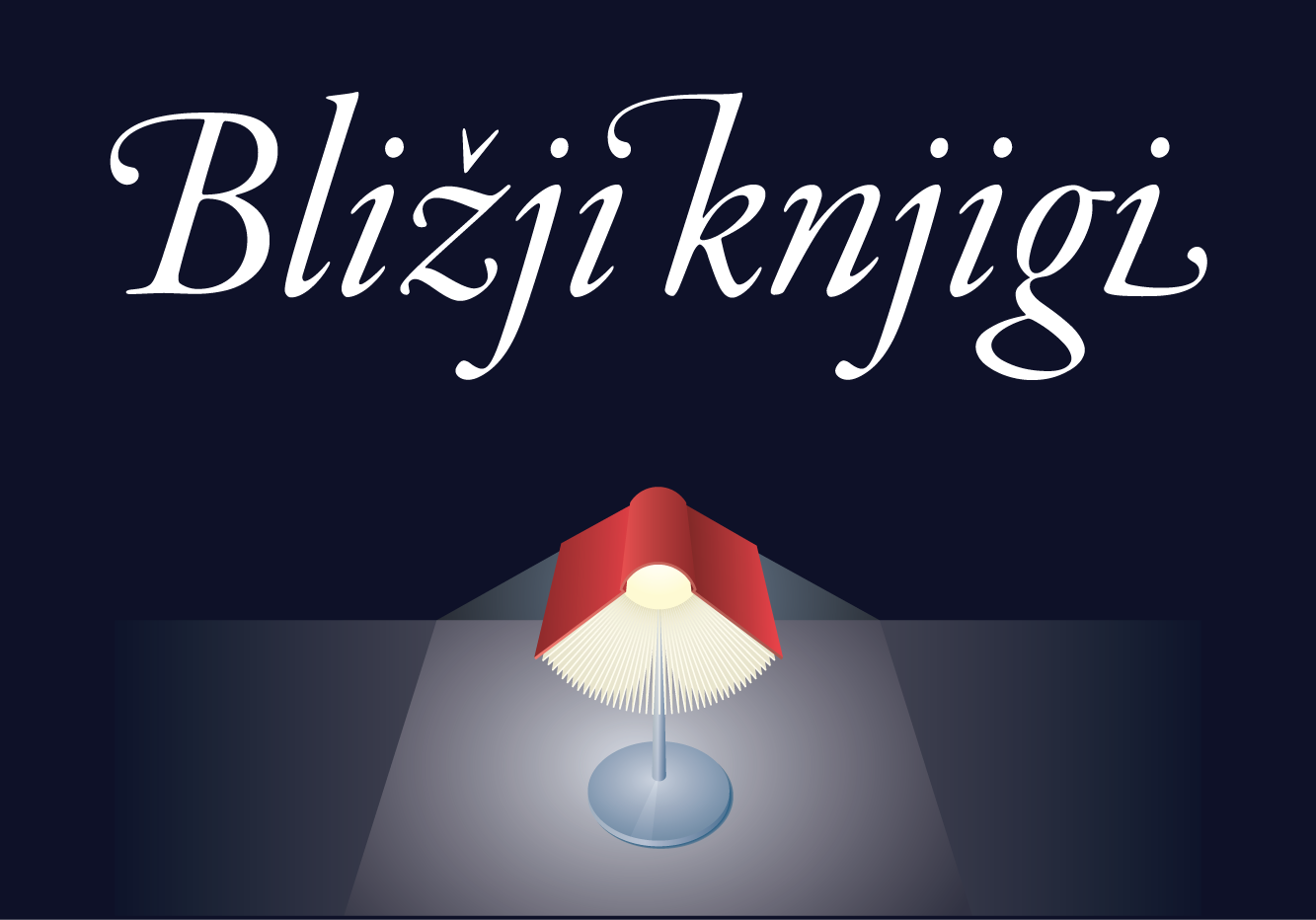

Basel
drittes Fragment
- Avtorji Kovačič Lojze (avtor), Scherber Peter (prevajalec), Špendov Andrej (prevajalec)
- Leto izdaje 2016
- COBISS.SI-ID 283495424
- Isbn 978-961-6547-99-4
- Jezik nemški
- Izdaja e-knjiga
- Založba DRUŠTVO SLOVENSKIH PISATELJEV
- Zbirka Litterae Slovenicae
- Kategorije Leposlovje za odrasleProzaRomanidružbeniLiterarne vede, študijeBibliotekarstvo in založništvo
- Cena 12,99 €

Opis
The prose fragment Basel describes a November week in 1972. The main hero and his chosen one visit, for the first time in thirty-six years, his native city of Basel, the city in which his parents, one of the first Slovenian migrant families, lived from 1910 to 1938. For the hero this city, in which Switzerland, France and Germany converge and in which he spent ten decisive years of his life, is more than just a place of birth. It is almost fate itself. Encountering the houses in which he, due to frequent relocating, spent various periods of his childhood, once again seeing the streets, ports, and Basel districts in which the veritable Babylon of the mixed Italian-French-German population is anchored, but especially in reuniting and conversing with the sister who never left Basel, he gradually establishes an image of the time and world of a Europe of yore. Of a bygone Europe that World War II bandied between relatively peaceful times (the diffuse ends of the previous century) and acutely diametrical political poles. In Switzerland, which remained neutral in each of the two World Wars, the image of old Europe is even more noticeable because preserved there are all of the previous values, conventions, attitudes and sensibilities that make the country something of a rare museum of Europe. While the environment the hero confronts after almost four decades away gives rise in him to a clear and sharp image of mutually exclusive episodes of his early life, there is a parallel confrontation in the present, namely between Yugoslavia (that forever restless war country and its many a post-war turmoil no less harrowing than the war itself) and the Switzerland Basel symbolises (which is like a humane, historically and politically fossilised country that is free from turmoil).





